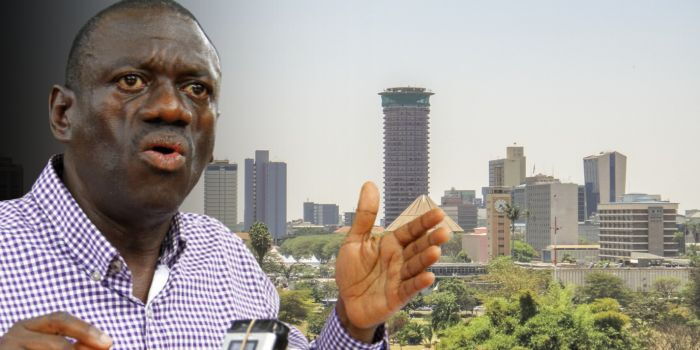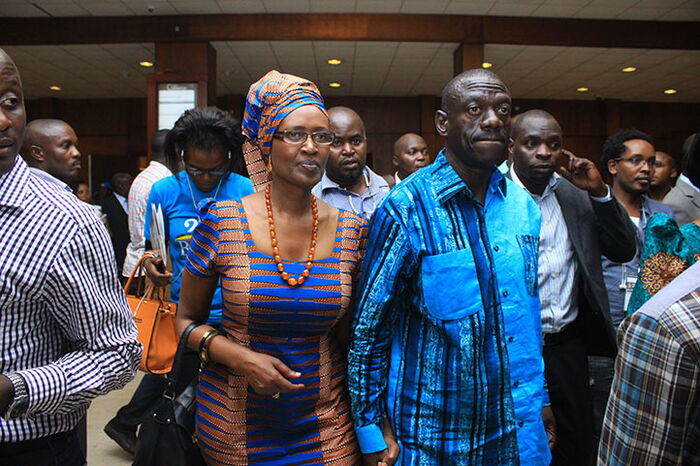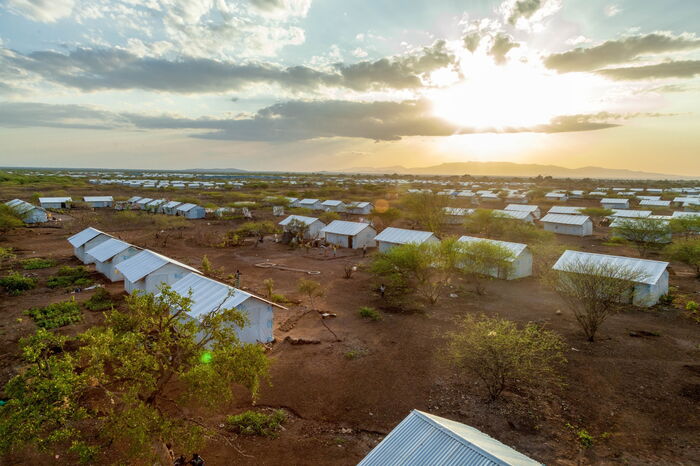A new report from the U.S. State Department has made explosive claims about Kenya’s role in the abduction of Ugandan opposition leader Dr. Kizza Besigye.
The Country Report on Human Rights Practices says Kenyan authorities were actively involved in the abduction, even though Kenya had publicly denied having any part in it. This revelation has sparked outrage and renewed calls for accountability from human rights groups in Kenya, Uganda, and beyond.
The U.S. report delivers a harsh assessment of Kenya’s human rights record in 2024. It accuses the government of helping foreign governments target political opponents, committing abuses during protests, and limiting democratic freedoms. According to the report, Kenya has been engaging in what it calls transnational repression, meaning it has worked with other countries to silence or punish people living in Kenya who oppose those countries’ governments.
Dr. Kizza Besigye, a former presidential candidate in Uganda and a long-time opposition figure, was in Nairobi last November for the book launch of Martha Karua, leader of Kenya’s PLP party. Before he could arrive at the event, he was taken by force. The report states that Ugandan agents kidnapped him while he was in Nairobi and that Kenyan officials helped make it happen.
In November, Kenya’s Foreign Principal Secretary Sing’oei Korir dismissed the allegations, saying there was “no reason whatsoever” for Kenya to be involved in Besigye’s capture. The U.S. report directly contradicts this statement and says Ugandan authorities confirmed that the abduction was a coordinated action with Kenya.
The report points to other incidents as well. One case involved a registered Ugandan refugee living in Kenya who was arrested in Kisumu along with 36 other members of a Ugandan opposition group. According to the report, this was part of a joint Kenyan-Ugandan security operation, and the entire group was forcibly returned to Uganda.
Since his abduction, Besigye has been held in police custody in Uganda. The Ugandan authorities have refused to release him despite pressure from international organizations and human rights activists. His supporters say the arrest was politically motivated and part of a wider effort to silence opposition voices in Uganda and the region.
The U.S. report also looks at the situation for refugees in Kenya. It acknowledges that the Kenyan government works with the UN High Commissioner for Refugees and other humanitarian groups to provide protection and assistance to refugees, asylum seekers, and other vulnerable people. However, it warns that serious delays in processing refugee status have left around 212,000 asylum seekers without full legal protection. Many of these people remain in limbo, unable to work legally or access certain services, and living under the fear of possible deportation.
The report further criticizes Kenya’s handling of the Gen Z-led protests that erupted in 2024. It accuses security forces of using excessive force against peaceful demonstrators, carrying out widespread arrests, and mistreating those in detention. Activists say this crackdown has created an atmosphere of fear and discouraged young people from speaking out on political issues.
These findings raise serious questions about Kenya’s image as a democratic leader in East Africa. For years, the country has portrayed itself as a champion of human rights and regional stability. But the report suggests a different reality, one in which Kenya is willing to work with other governments to suppress dissent, even beyond its borders. This is particularly troubling for refugees and political exiles who come to Kenya believing they will be safe.
Human rights groups are calling for an independent investigation into Besigye’s abduction and stronger protections for political opponents and refugees in Kenya. Whether the government will respond to these demands is still unclear. In the meantime, the allegations have cast a long shadow over Kenya’s international reputation and its role in regional politics.






